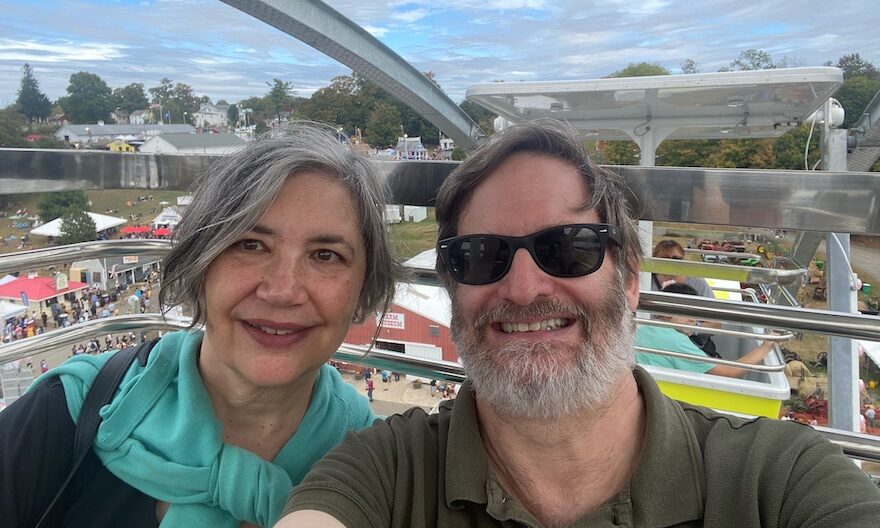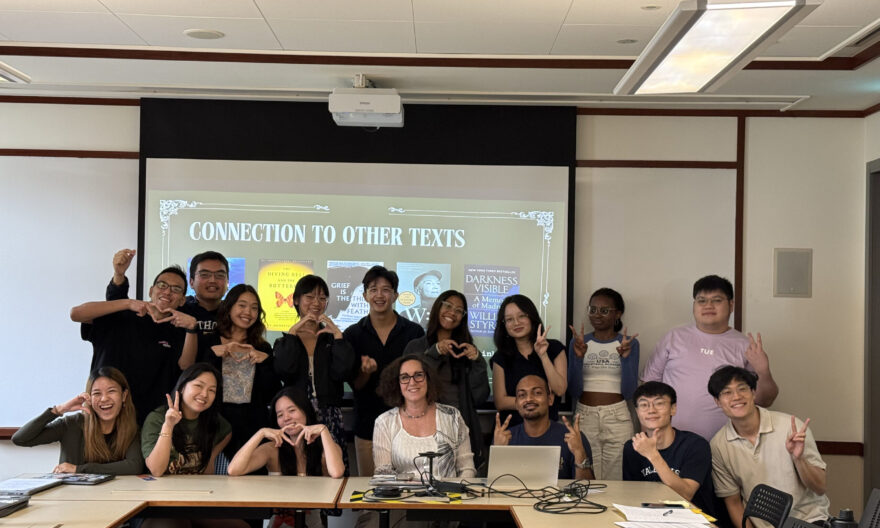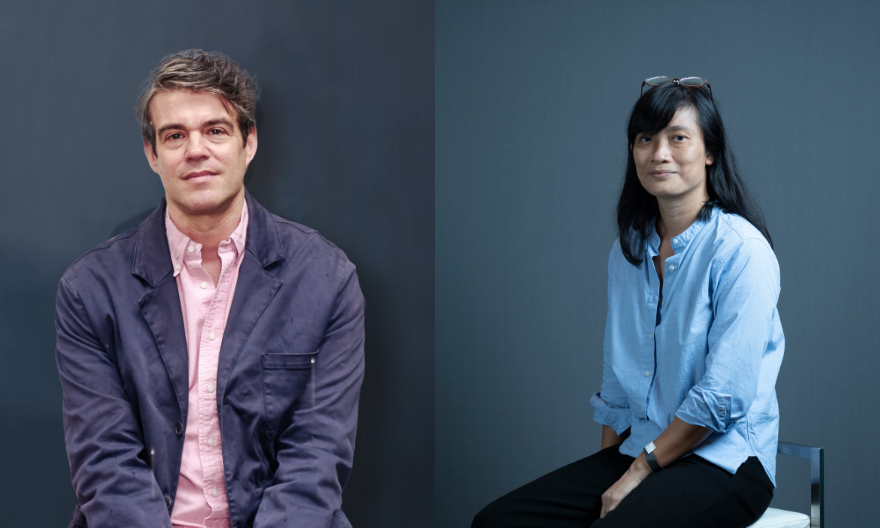This is what philosophy looks like: Yale-NUS faculty employ innovative pedagogy in the classroom
At Yale-NUS College, faculty care deeply about their students and constantly seek new ways to teach their classes effectively. To support the endeavour, the College provides grants to help faculty develop innovative pedagogies and acquire associated instructional technologies for their courses.
Two philosophy faculty members have received the Yale-NUS Teaching Innovation Grant (TIG) to develop creative ways to teach their classes.
Assistant Professor of Humanities (Philosophy) Robin Zheng received funding for the ‘Class Textbook Project’ as part of her course titled Oppression and Injustice. During the course, students worked together to produce a textbook about oppression and injustice. The project was based on the notion that the production of knowledge is a democratic endeavour, Dr Zheng said.
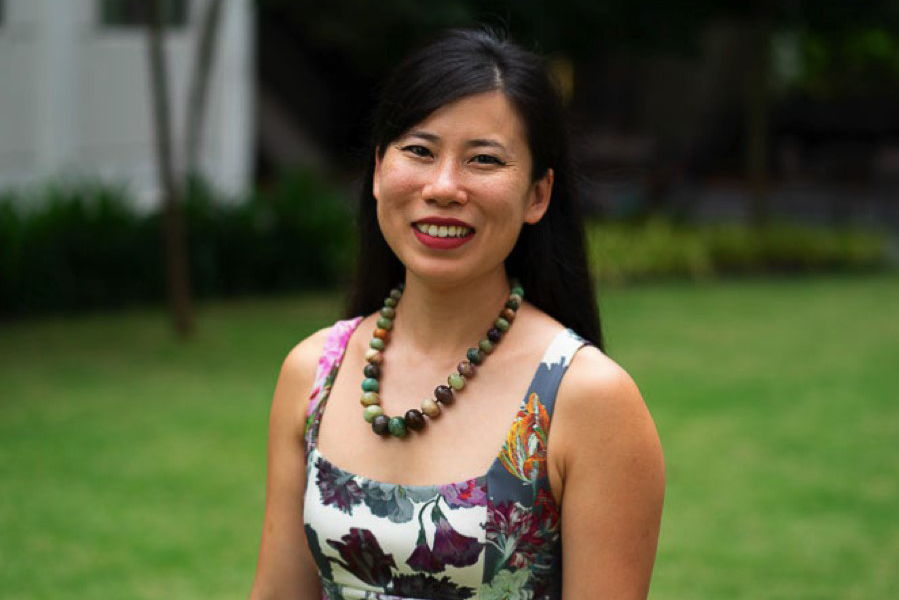 Assistant Professor of Humanities Robin Zheng. Image provided by Yale-NUS Centre for Teaching & Learning.
Assistant Professor of Humanities Robin Zheng. Image provided by Yale-NUS Centre for Teaching & Learning.
The different stages of the project included deciding on the target audience, goals and topics covered in the book. They then worked on different chapters in groups before participating in a peer-review of the final product, which was printed and distributed across the College and has also been added to the library catalogue.
In developing her pedagogy, she was guided by three “A” principles that make up her teaching philosophy—Active, Autonomous and Authentic.
“Making learning active means that I try to set things up so that students are the ones exercising the skills they need to learn. Making it autonomous means that I hand over control of the classroom to the students in one of the two classes each week. Finally, I always want learning to be authentic, in the sense that what we do in the classroom should be of use to our lives outside it.”
The funding that Dr Zheng received also supports her participation at pedagogical conferences, where she presents on this project.
“At these conferences, I’ve been getting great feedback from other faculty on how to keep improving the assignment,” she said.
Another faculty who received the TIG was Assistant Professor of Humanities (Philosophy) Sandra Field. Her project was titled ‘Applying Political Philosophy to Real-World Cases’.
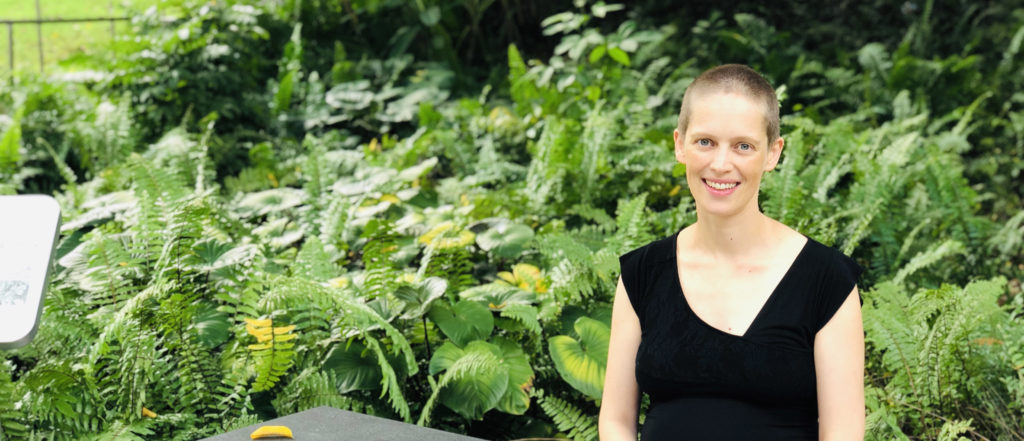 Assistant Professor of Humanities Sandra Field. Image by Alyson Rozells for Yale-NUS College.
Assistant Professor of Humanities Sandra Field. Image by Alyson Rozells for Yale-NUS College.
Dr Field teaches two courses, Contemporary Egalitarianism and Democratic Theory. As part of the courses, students were required to write their final papers on a real-world issue.
The papers were then uploaded on a website called ‘Equality & Democracy’ to showcase the students’ thoughts on the ideals of equality and democracy, and how they relate to practice, in Singapore and the wider world.
This idea came about when Dr Field faced a double problem of abstraction while teaching political philosophy,
“The first issue has to do with how political theory is as a field. Standard texts often feature abstract thought experiments which students usually find difficult to connect to real-world affairs,” she said.
“Secondly, the realities talked about by political theorists are often geographically and politically remote from the students.”
Because of the real-world application of the political concepts they encountered in class, many students often become quite invested in the issues that they write about.
Because there have been classes over multiple semesters, there is now a sizeable number of essays published on the website. Current students in Dr Field’s Contemporary Egalitarianism class also use the writings as a resource for the class.
“It is my hope that over time, there will be an emerging reflection and engagement on this website among students across different cohorts in our college on these issues,” Dr Field said.
She also added that the website was an inchoate idea that turned into reality with the support of the Centre for Teaching & Learning, which fosters, recognises and promotes excellence and innovation in teaching and learning at Yale-NUS. TIG is sponsored by the Centre together with the Education Resources and Technology department and the President’s Office.

